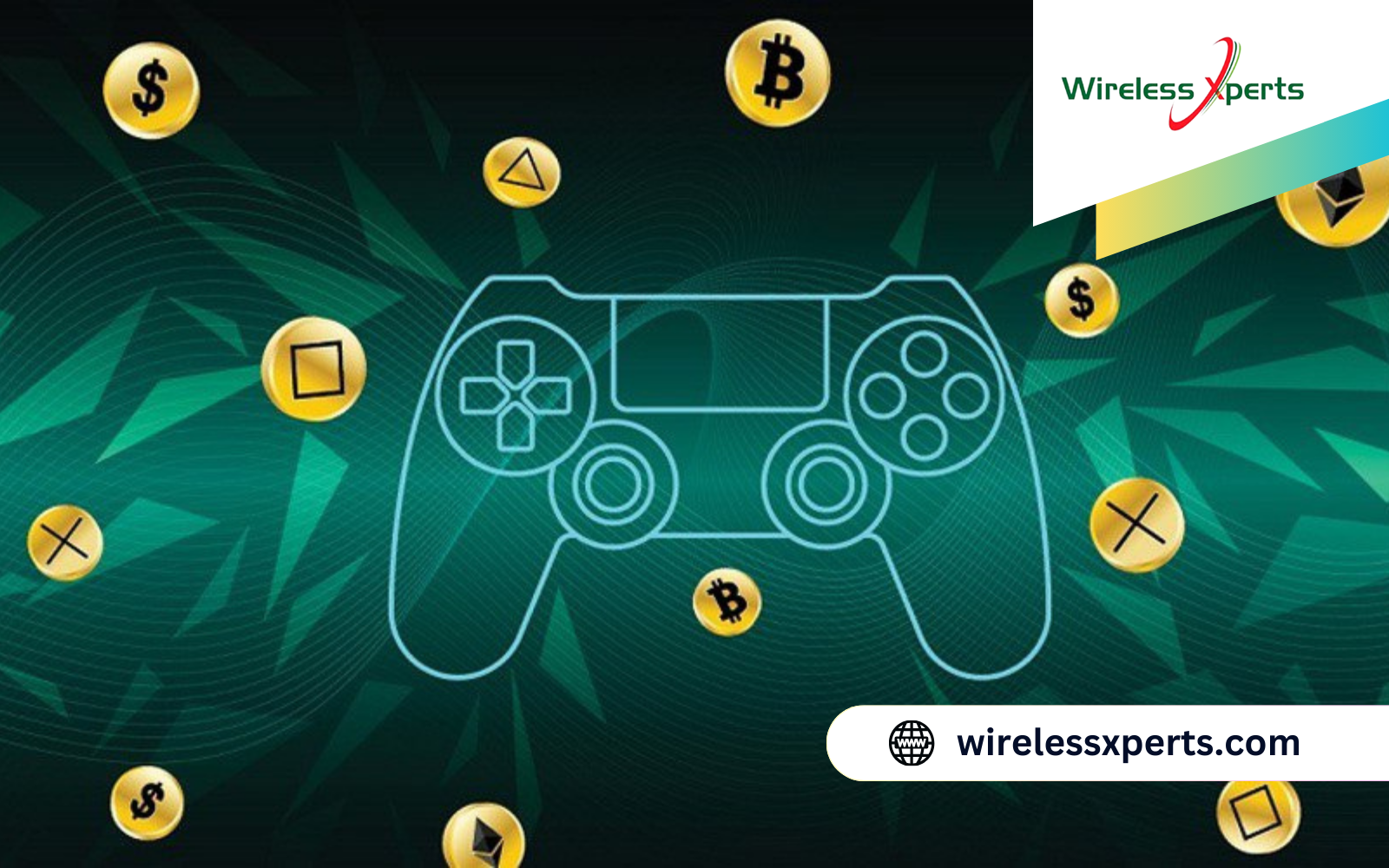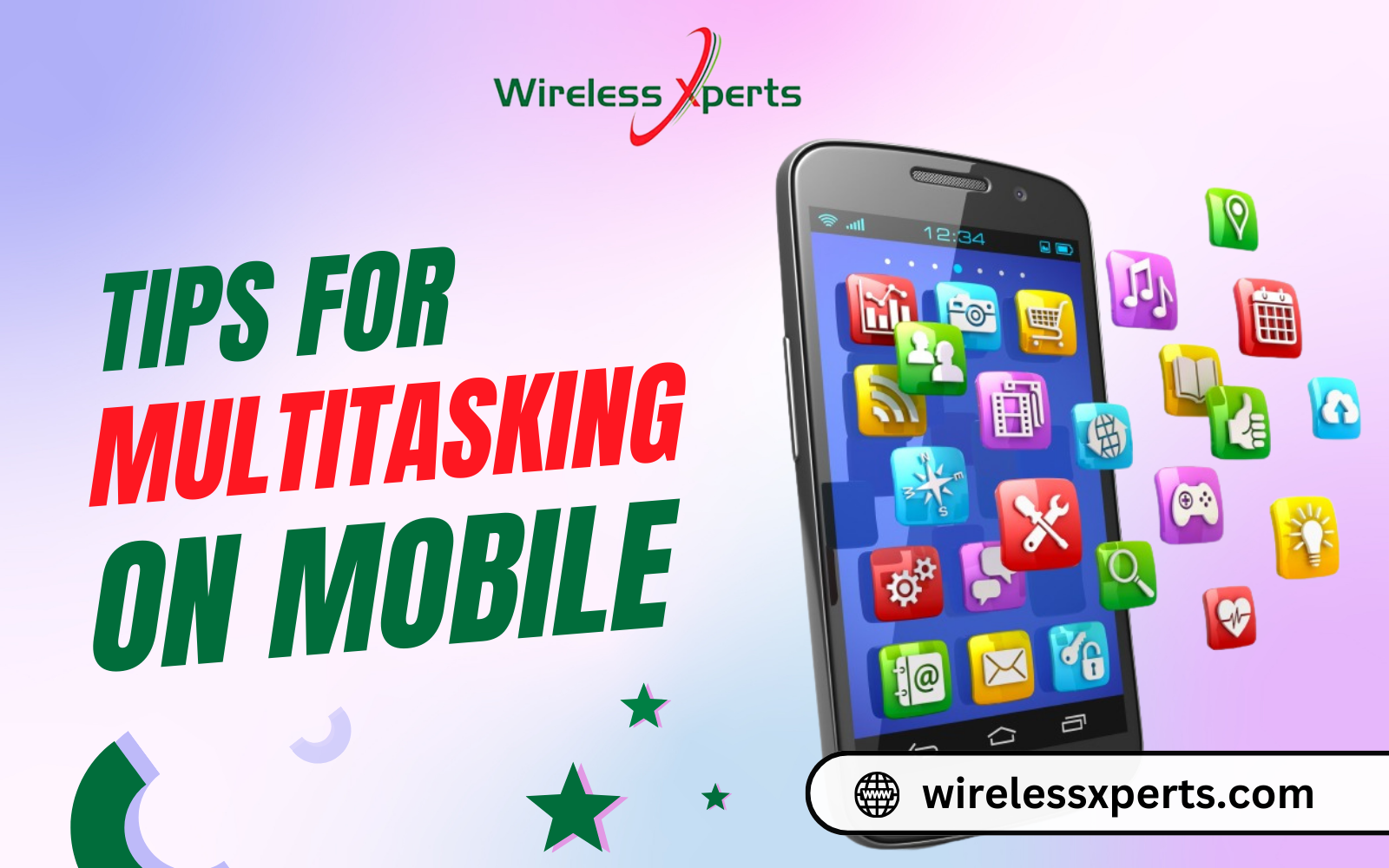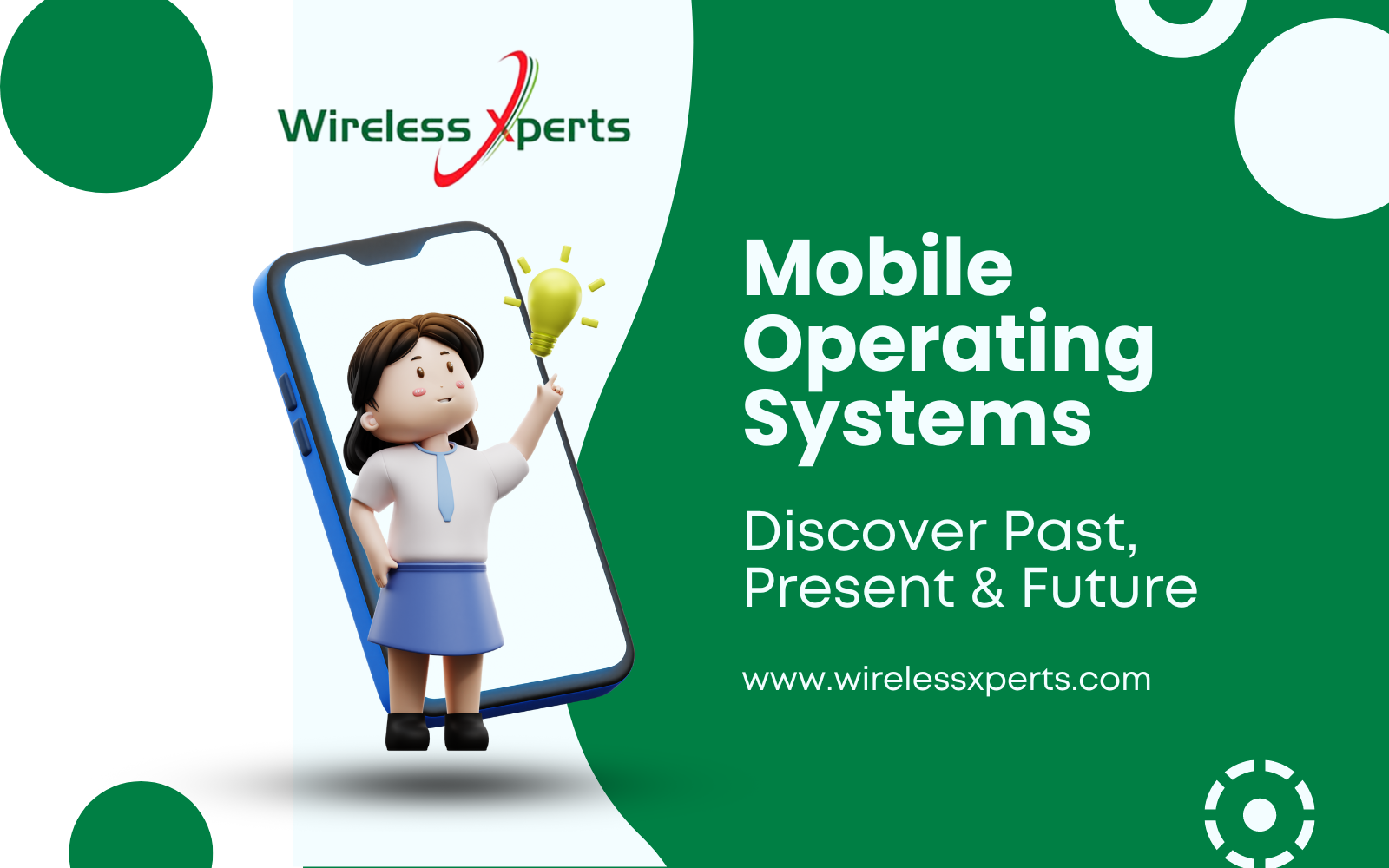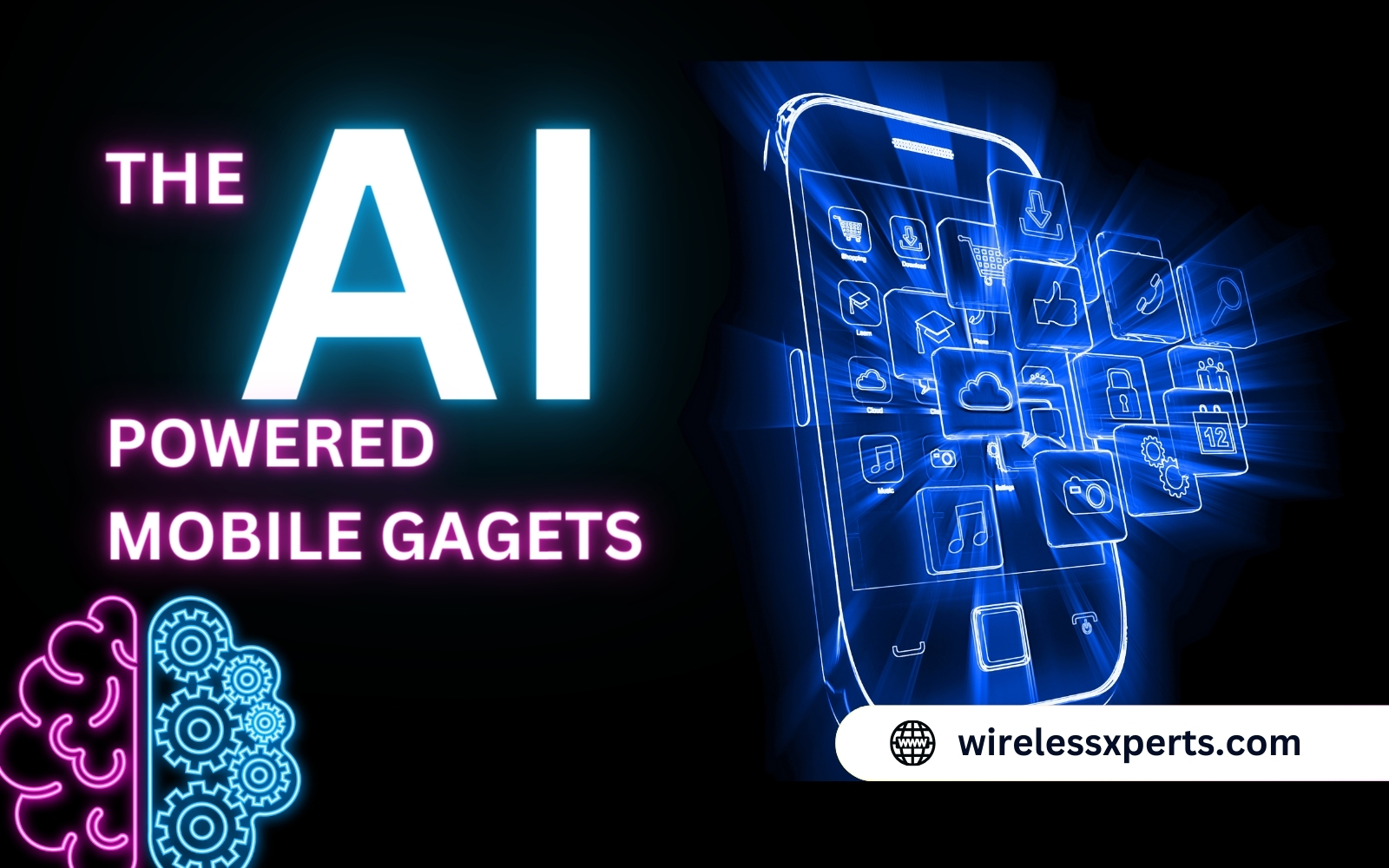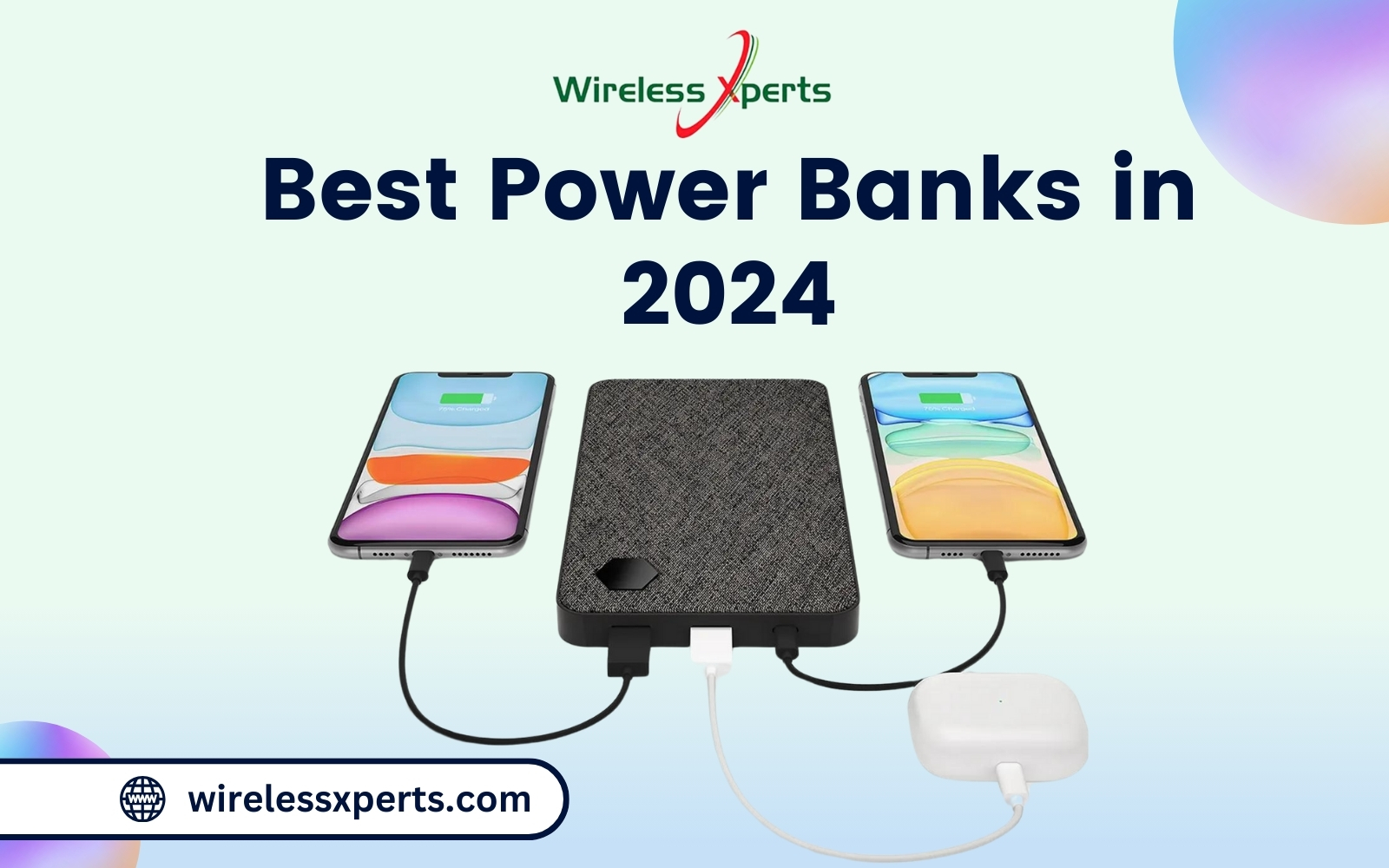Blockchain Beyond Cryptocurrency, Explore Real World Applications and Transformative Innovations
-
 Chami Nelson
Chami Nelson
- News & Updates
- Feb 14, 2024
- views

Blockchain's journey from its start with cryptocurrency to a versatile and revolutionary technology has had a major effect on a variety of industries. Its decentralized, transparent, and secure ledger technology has served as a catalyst for innovation, transforming how we conduct transactions and store data. Let's look at several actual and transformative real-world applications that demonstrate blockchain's genuine potential outside of money.
Introduction
The launch of blockchain in 2008 was a landmark point in the world of digital transactions. Blockchain, which first emerged for Bitcoin, provided a decentralized ledger that securely records transactions, laying the groundwork for a technological progression with broad consequences. This game-changing technology originated with the need for a secure and transparent foundation for digital transactions, eventually expanding into a force that reshapes how we interact with data and transactions in the digital era.
The Origin of Blockchain
Satoshi Nakamoto's 2008 whitepaper was more than just the birth of blockchain; it also marked the beginning of a revolutionary approach to decentralized currency exchanges. Blockchain's journey began with Bitcoin, which introduced a revolutionary method of safeguarding and authenticating digital transactions. Nakamoto's concept of a peer-to-peer electronic cash system paved the way for a technology that would revolutionize digital trust, transparency, and security.
Applications of Blockchain Beyond Cryptocurrency
Blockchain's progress is distinguished by its movement outside the limitations of cryptocurrencies. Its decentralized design and cryptographic security features provide solutions to long-standing issues, offering creative alternatives to standard processes in a variety of industries. The expansion of blockchain beyond bitcoin is a paradigm change in which the technology becomes a driver of efficiency, transparency, and security in industries ranging from finance to healthcare.
1. Blockchain in Supply Chain Management
The impact of blockchain on supply chain management is transformational. It transforms how things are traced from origin to destination, eliminating fraud, increasing efficiency, and laying the groundwork for a secure supply chain. The capacity to track the movement of items in real time not only reduces risks, but also introduces unprecedented levels of trust and accountability into the complicated web of global supply chains.
2. Smart Contracts Revolution
Smart contracts reflect a paradigm change in contractual agreements. These self-executing contracts automatically enforce and verify conditions, eliminating brokers and fraud concerns while providing an efficient and transparent foundation for industry-wide agreements. The disruptive power of smart contracts stems from its capacity to streamline procedures, cut costs, and improve the speed and security of contractual transactions across multiple industries.
3. Decentralized Identity Verification
Blockchain addresses identity verification challenges through decentralized solutions. Giving individuals more control over their digital identity improves privacy while also reducing the hazards associated with centralized databases, resulting in a secure and user-centric approach to identity management. In an increasingly digitized world, the shift toward decentralized identity verification gives individuals more control and security when it comes to maintaining their personal information.
4. Healthcare Record Management
In the healthcare industry, blockchain ensures safe and transparent patient record management. Sensitive medical data is encrypted and securely kept, reducing the risk of unauthorized access and providing a reliable solution for protecting confidentiality in the healthcare industry. Implementing blockchain in healthcare record management not only improves data security, but it also streamlines operations, increasing overall efficiency and patient care quality.
5. Tokenization of Assets
Blockchain's impact extends to the tokenization of assets, which transforms ownership structures. This breakthrough enables fractional ownership of high-value assets, democratizing access to formerly exclusive sectors such as real estate or artworks and creating new investment opportunities. Tokenization presents a revolutionary method to ownership, removing entry barriers and creating an open and accessible environment for investing in formerly illiquid assets.
6. Blockchain in Voting Systems
The potential for blockchain to transform voting systems is considerable. The platform's decentralized design decreases the danger of tampering, safeguarding the integrity of electoral processes and contributing to increasing trust in democratic systems around the world. The use of blockchain in voting systems answers long-standing concerns about election integrity by offering a strong and secure foundation for voters to exercise their democratic rights.
7. Cross-border payments
Blockchain's impact on cross-border payments is significant. Blockchain greatly improves the efficiency of global financial transactions by eliminating intermediaries, lowering transaction costs, and increasing transaction speed, benefiting both enterprises and individuals engaging in international trade. The revolutionary influence of cross-border payments extends beyond efficiency to promote global financial inclusion and accessibility.
Environmental Impact
While blockchain has numerous benefits, questions regarding its environmental impact have arisen as a result of energy-intensive mining procedures. To address these problems, ongoing efforts are being made to build sustainable blockchain practices, explore alternate consensus processes, and implement energy-efficient protocols. The inclusion of environmental factors in blockchain development demonstrates a commitment to responsible innovation, which seeks to strike a balance between technological advancement and ecological sustainability.
Challenges and Concerns
Despite its increasing usage, blockchain faces obstacles such as scalability and energy consumption. Creating a robust regulatory framework is critical for addressing legal and compliance challenges associated with blockchain technology and guaranteeing its responsible and ethical application across businesses. Recognizing and tackling issues are critical milestones in the continued evolution of blockchain, laying the way for long-term and responsible integration into diverse industries.
Future Trends
The future of blockchain presents fascinating possibilities, such as integration with the Internet of Things (IoT) and collaboration with artificial intelligence (AI). These synergies have the potential to open new dimensions of innovation and efficiency, thereby defining the future technological environment. The investigation of future blockchain trends emphasizes the dynamic and developing character of technology, establishing it as a catalyst for transformational change in the digital world.
Blockchain Adoption Across Industries
Blockchain usage is increasing across a wide range of industries, including finance, real estate, healthcare, and more. Its versatility and security qualities make it an appealing solution for optimizing operations and ensuring transaction confidence, hence promoting innovation and change across several industries. The growing scope of blockchain use emphasizes its significance and versatility, proving to be a disruptive force in conventional business processes.
Conclusion
To summarize, blockchain has evolved beyond its initial link with cryptocurrencies, emerging as an influential trend with vast real-world implications. Its decentralized nature, cryptographic security, and versatility distinguish it as a crucial participant in digital innovation, helping to create a more safe, transparent, and efficient future. The journey from Bitcoin's creation to today's panorama of blockchain applications represents a dynamic evolution that continues to revolutionize how we engage with and utilize technology in the ever-changing digital world.
Frequently Asked Questions
Q1. How does blockchain ensure the security of healthcare records?
Blockchain encrypts and securely stores healthcare records, reducing the risk of unauthorized access and ensuring data integrity.
Q2. What challenges does blockchain face in terms of energy consumption?
Blockchain mining processes can be energy-intensive, raising concerns about environmental impact. Ongoing efforts focus on developing sustainable practices.
Q3. How does blockchain improve cross-border payments?
By eliminating intermediaries, reducing transaction costs, and accelerating transaction speed, blockchain enhances the efficiency of cross-border payments.
Q4. What are smart contracts, and how do they revolutionize contractual agreements?
Smart contracts are self-executing contracts that automatically enforce and verify terms when predefined conditions are met, eliminating the need for intermediaries.
Q5. What industries are adopting blockchain technology beyond cryptocurrency?
Blockchain adoption spans across diverse industries, including finance, real estate, healthcare, and more, leveraging its security and efficiency benefits.



